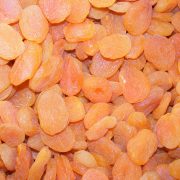About us
Relying on many years of experience at multinational companies in food and machine industries, we are committed to give support to food manufacturers in their effort to design or improve their processes and technological or food safety systems. To achieve improvement and increase in efficiency, we make use of tools of the LEAN approach, making them part our everyday practices.
A lean organization understands customer value and focuses its key processes to continuously increase it. The ultimate goal is to provide perfect value to the customer through a perfect value creation process that has zero waste.
FROM THEORY TO PRACTICE
This slogan of our enterprise is derived from our endeavour to balance theory and practice. With a firm belief in the importance of theoretical knowledge, we are seeking to find ways of utilizing it in business management creatively, with an ultimate goal to ensure that customers are offered high-quality products manufactured in an industrial environment reflecting high standards of technology and engineering.










